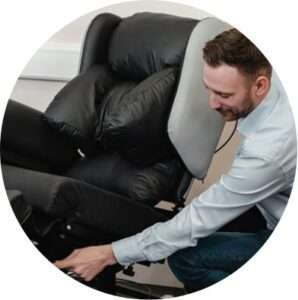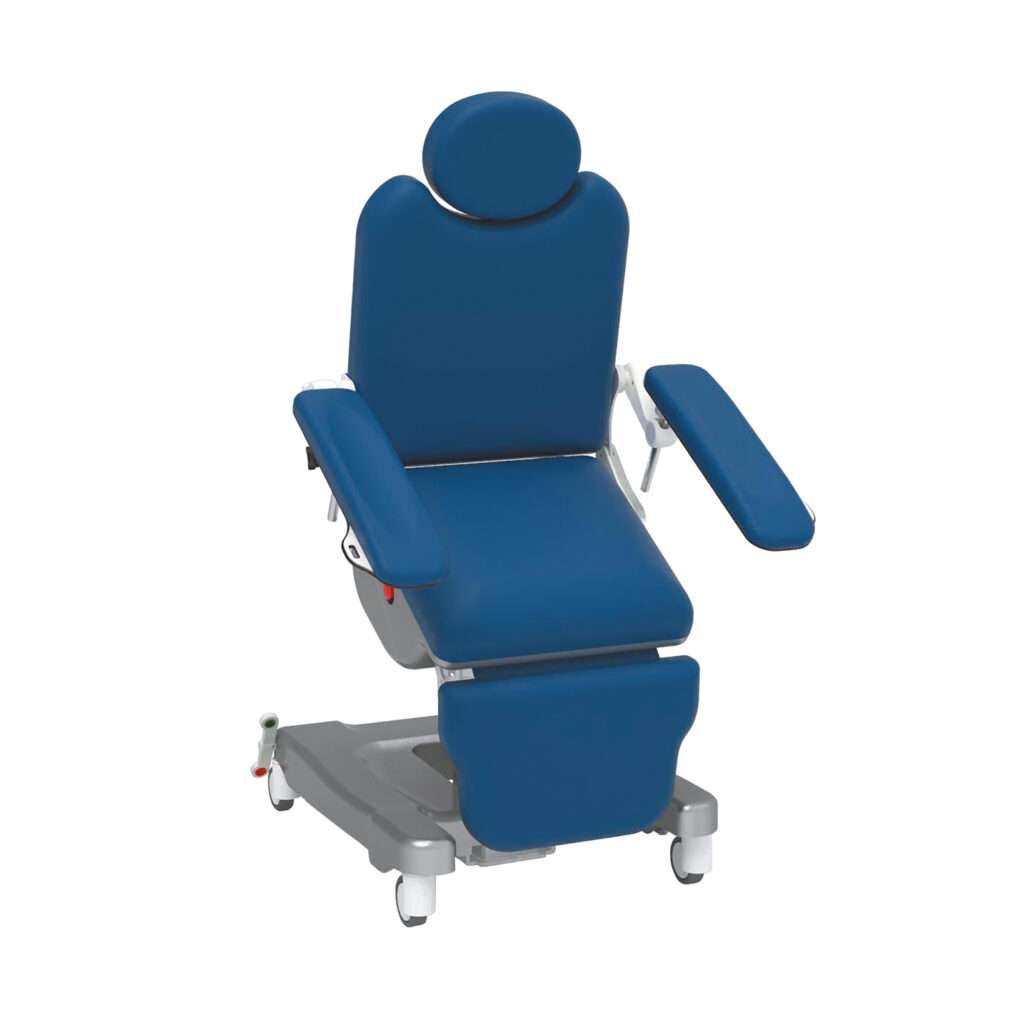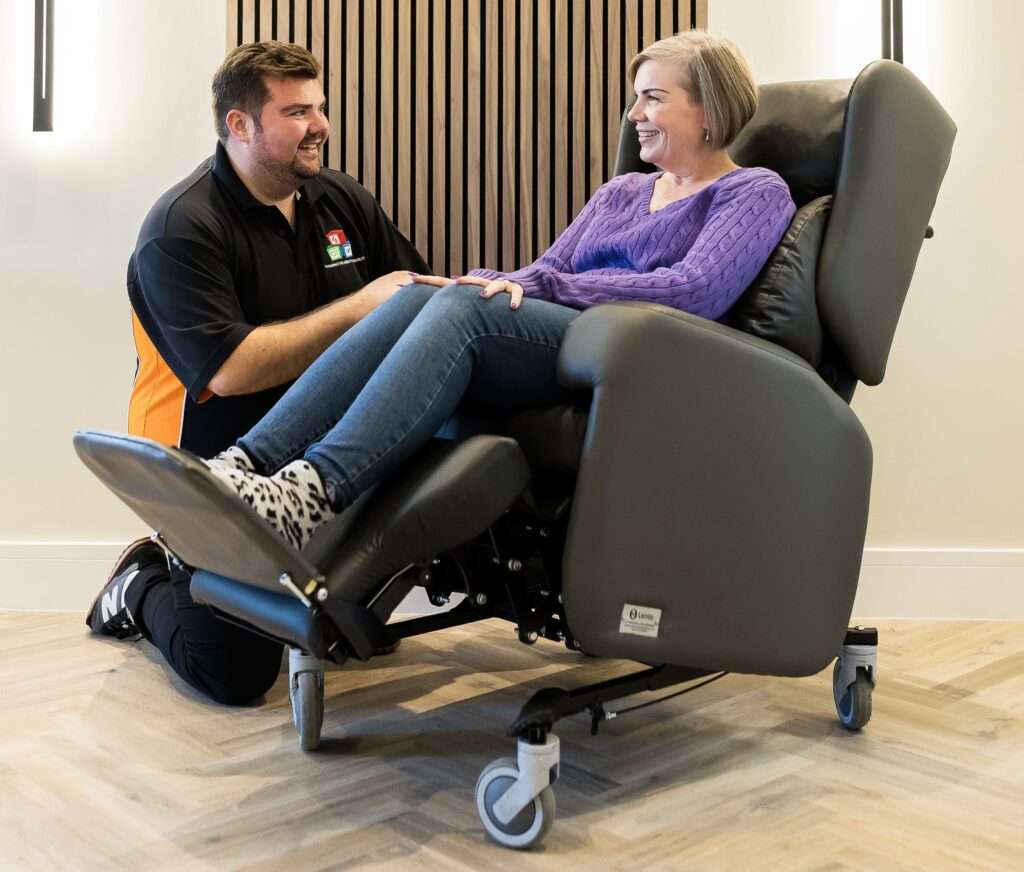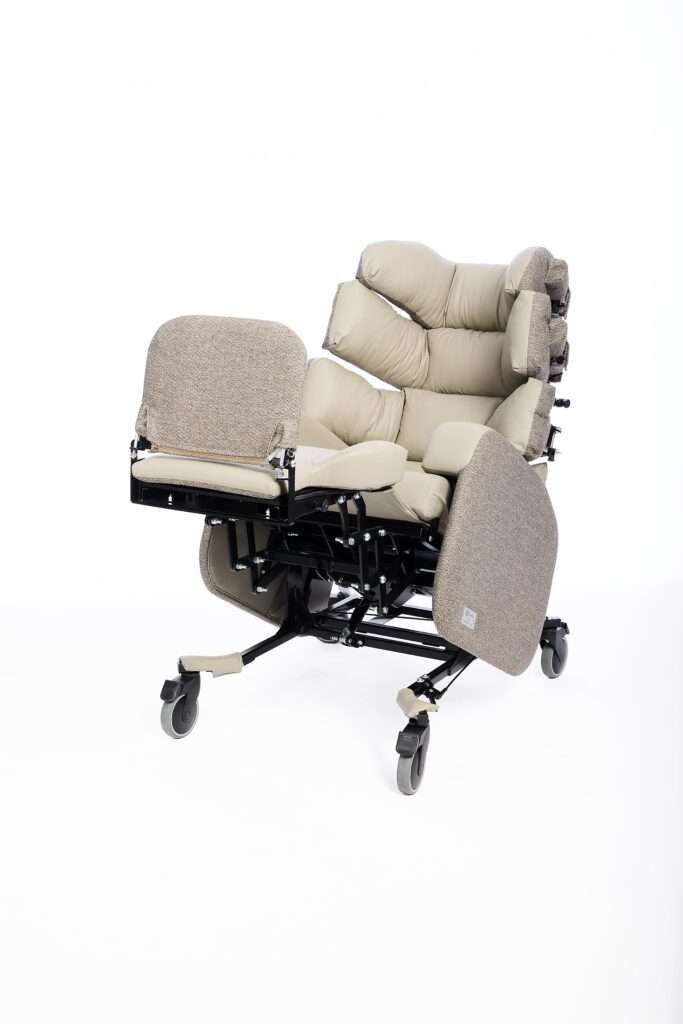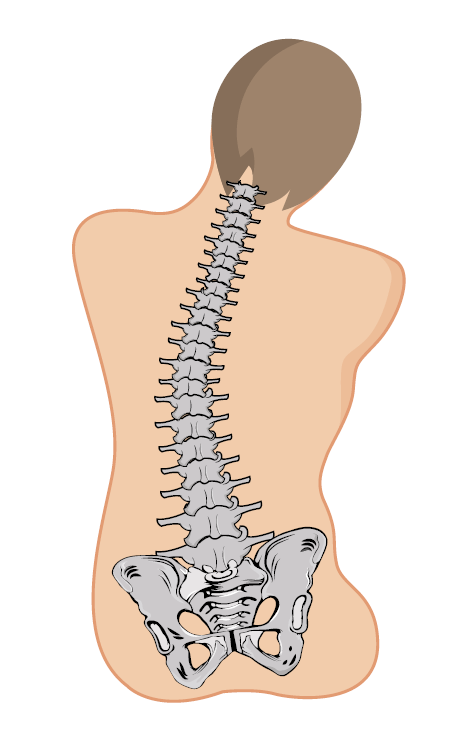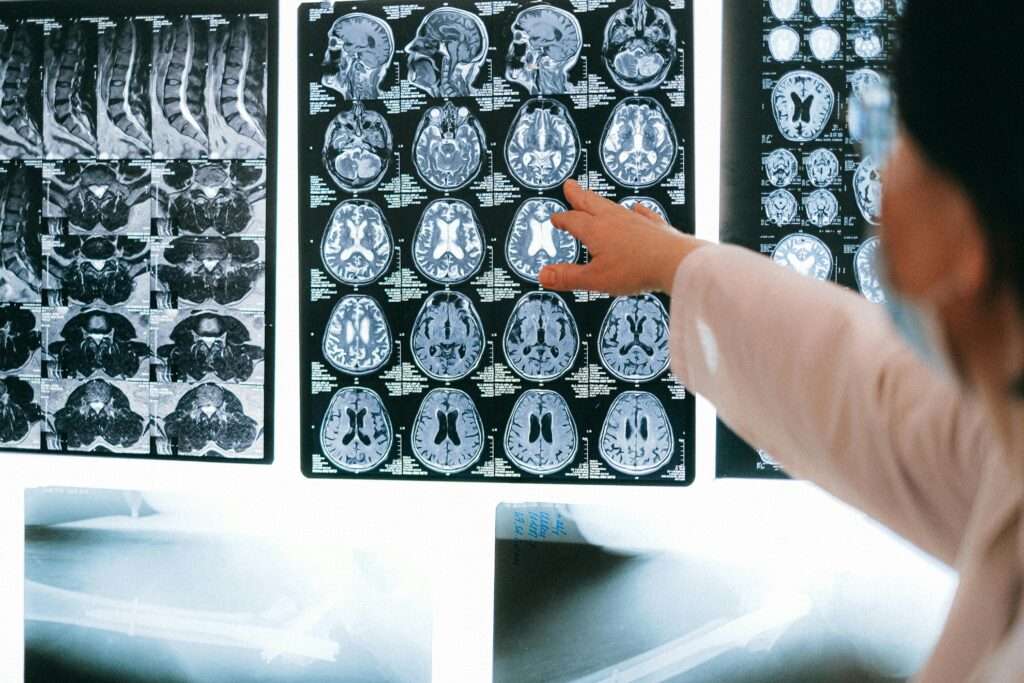What is specialist seating?
Specialist seating is an integral part of patient care. The purpose of specialist seating is chairs that are specifically adapted for people with particular disabilities or needs.
As you would expect, such seating needs to be configurable for different patients, and accessories are a key tool to achieve this specialisation. See our range of accessories for our standard chairs that hospitals can add and remove as required. We have a dedicated ebook for seating accessories, which covers this subject in more detail.
Jump straight to...
Different hospital environments and seating needs
Here we look at different hospital wards and the seating needs that they have.
This is an indicative list and the range of wards may vary from Trust to Trust. Some hospitals specialise in particular areas e.g. oncology so may dedicate more resources to a particular ward.
It’s also important to note these wards are not always completely distinct from one another, for example Oncology may include a rehabilitation ward for patients recovering from cancer treatment.
Alongside the type of seating needed we have listed the chairs in our range that match these needs.
Primary Care
Primary care encompasses the initial stage of treatment in hospital, whether this is emergency treatment via A&E or a referral for a particular surgery or course of treatment.
Secondary Care
Secondary care is follow-up treatment administered after a surgical or medical intervention, preparing the patient for discharge. This usually involves rehabilitation for discharge, although patients may be readmitted if they are suffering from a longer-term condition and need ongoing treatment, e.g. Medicine for the Elderly or Neurological conditions.
Seating Standardisation
We have pioneered this new concept in hospitals, which in essence involves reducing the number of different chairs needed by designing each chair to cover a wider range of applications. By ‘standardising’ their chairs into a smaller range, hospital trusts can maximise clinical benefits for patients and achieve staffing and cost efficiencies.
The problem
The problem that hospital trusts tend to encounter is they build up large inventory of different chairs, all purchased to meet a particular requirement. As a result, only a small number of the chairs get used on a daily basis, and most of the bespoke chairs are left in storage doing nothing.
This causes wastage and inefficiencies, as staff are not sure which chair to use, who to contact when they need repair, and in general this becomes a very time-consuming and expensive process!
The solution
Our approach to solving this problem is to evaluate the seating needs for a particular hospital trust and put together a standardised seating package.
This is our 8-step seating standardisation process as outlined below.

The outcomes of this process are manifold:
Other prevalent issues in hospitals
As well as the seating standardisation issue, there are many other pressing issues facing hospitals at the moment, where specialist seating can play a part in improving outcomes.
Patient Discharge
Speeding up patient discharge is key to increase the ‘throughflow’ that hospitals need to operate effectively.
The number of hospital patients staying longer than 3 weeks has trebled, and in October 2022 there were between 13,000 and 14,000 patients in hospital on a daily basis who were medically fit to be discharged.
Lie-flat chairs can be substituted for beds, such as our Day Surgery chair, meaning the same chair can be used from patient admission right through to surgery and discharge.
Providing enough functionality within the chair is key for rehabilitation. Tilt-in-space and pressure relieving material increase patient comfort and help them rehabilitate faster.
The problem extends outside the hospital walls to the community, as community care needs the resources to cope with an influx of patient discharges. Virtual wards have been an innovative solution and the government have released extra community care funding to fund these requirements.
Infection control and tissue viability
Hospital-acquired infections and tissue damage all lead to longer hospital stays. We work with infection control teams and design our chairs to minimise this risk, with magnetic wipe-down cushions that can be removed quickly and easily. Read our in-depth study about infection control and find out how far-reaching this critical issue can be.
Staff Injuries
The Vela treatment range are ergonomically designed to reduce strain for both patient and carer. Repetitive screening process such as mammography can cause strain and muscle injury if the right seating is not used. The Vela Mammography Chair revolutionises current practices within this department.
Summary
If you are a private hospital or trust that needs help in these areas, we have a proven track record of helping hospital trusts improve outcomes with our specialist seating.
If you want to discuss your requirements or see our seating range in action, make an enquiry below and one of our friendly advisors will be in touch shortly.



